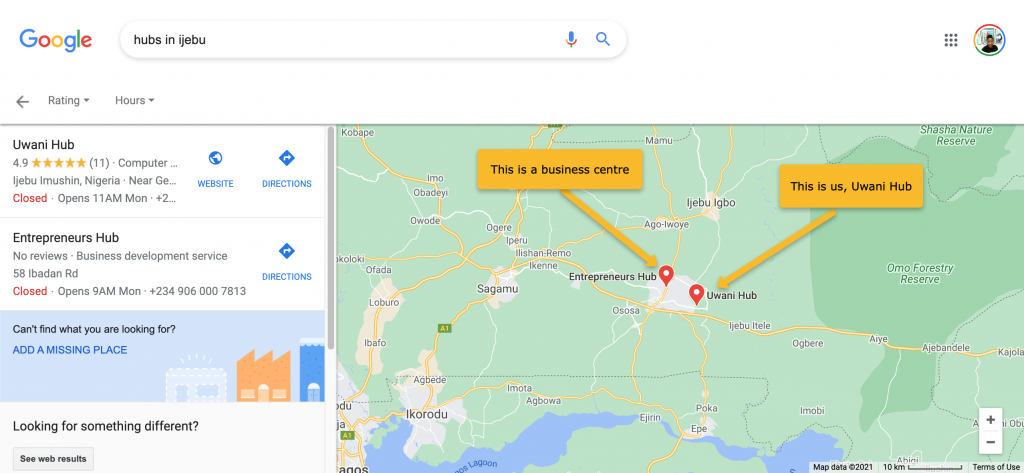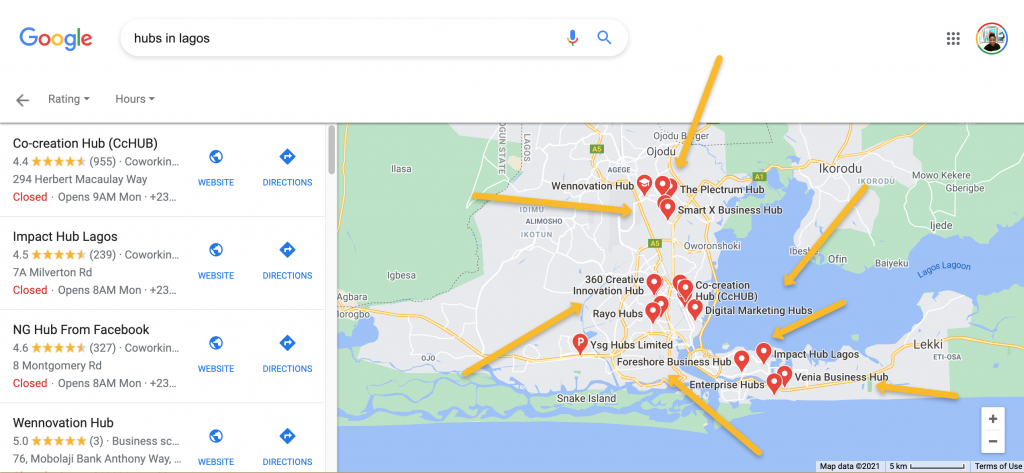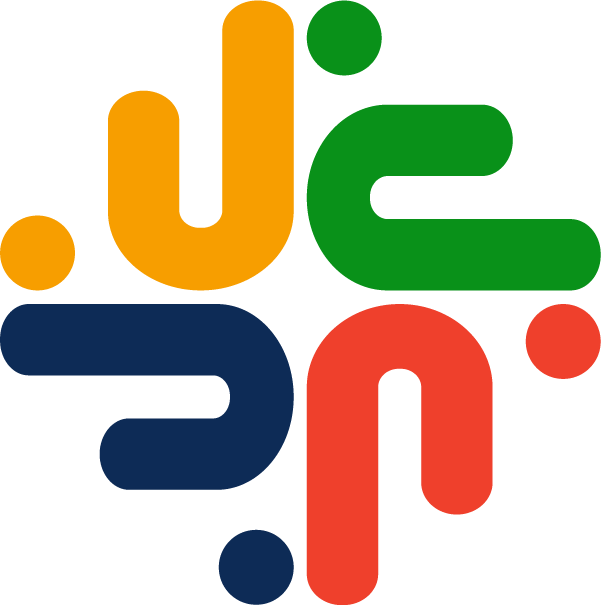NEW PROBLEM STATEMENT
What are we solving today?
Teens everywhere are growing up in a digital and artificial intelligence-driven world, but too many lack access to safe, structured, and affordable ways to build real digital and AI skills. While some have access to tech hubs, mentors, and opportunities at their fingertips, countless others are left behind with only social media as their main exposure to technology. This digital divide leaves teens unprepared for the future, without the skills to learn, create, or thrive in today’s world.
We exist to bridge that gap, giving every teen and female, everywhere, the opportunity to gain digital and AI skills in a safe, supportive environment, without borders.
We propose a solution. Click here to read!
OLD PROBLEM STATEMENT
What we solved in the past!
Women, Teens, and individuals who live in Rural Towns and Villages that are not densely populated like their city counterparts miss out on tech opportunities, education, and awareness that take place in the cities. If you run a quick google search for Hubs in Lagos, and Hubs in Ijebu, you would see the obvious difference, one has so many hubs and the other doesn’t.


Folks living in a lot of our rural towns and villages have little or no adequate access, exposure, or guidance to Computer Technologies and their useful/positive advantages. This might in a way be due to the low purchasing power found in rural towns and villages, making it unattractive for big tech businesses to set up tech hubs.
This is the gap we seek to bridge by setting up Uwani Hub in Ijebu-Imusin.
Teenagers in most public and sometimes even private primary and secondary schools in our rural towns and villages who are taught computer studies as a subject have mainly theoretical knowledge to show for it; hardly any practical is done in most of these schools. Some know how to be on Facebook because it is popular, and perhaps how to use WhatsApp, but that’s all the tech they are familiar with.
They are not digital literate enough or lack the skills needed to be, to survive in our 21st-century digital world, neither are they in the know as to how tech tools and the internet can be leveraged upon to improve their soft and hard skills, aid their learnings, thus motivating their creative minds to be builders of technology.
